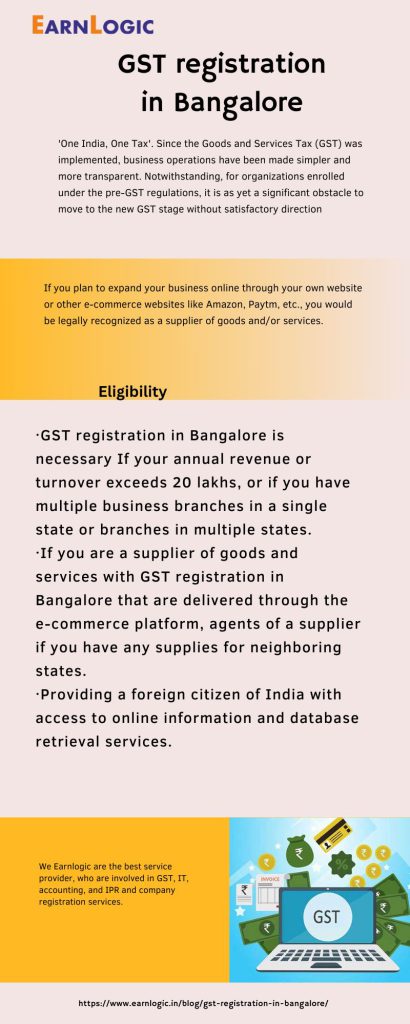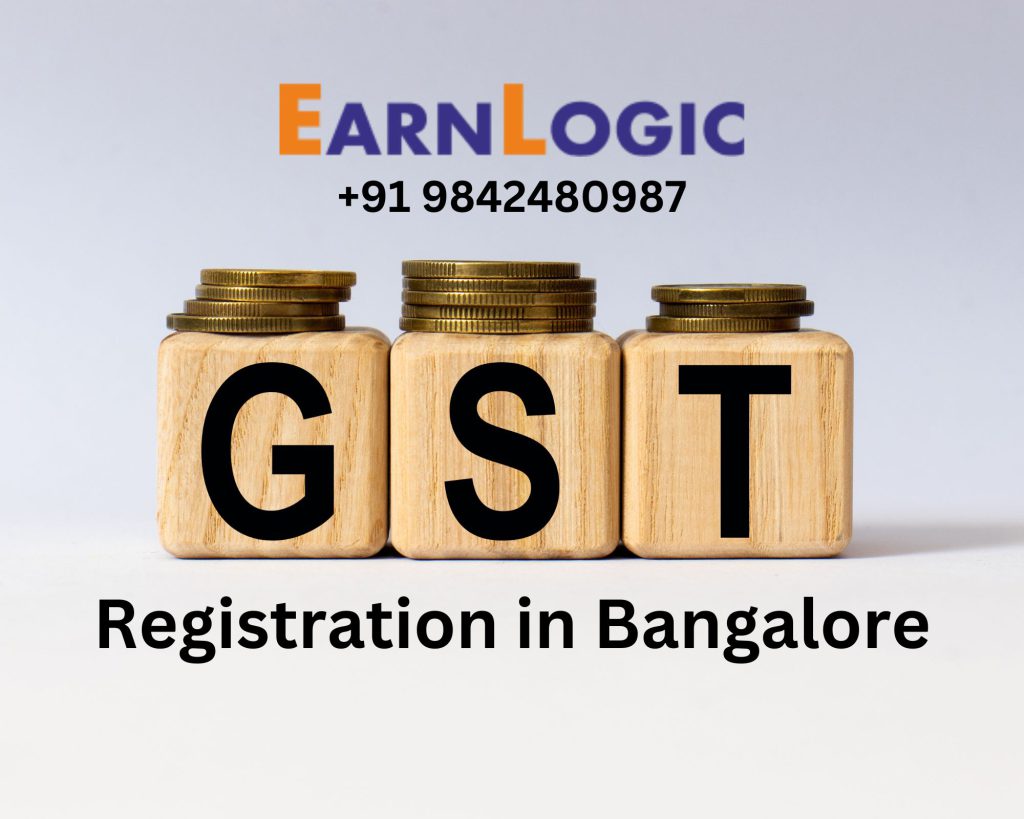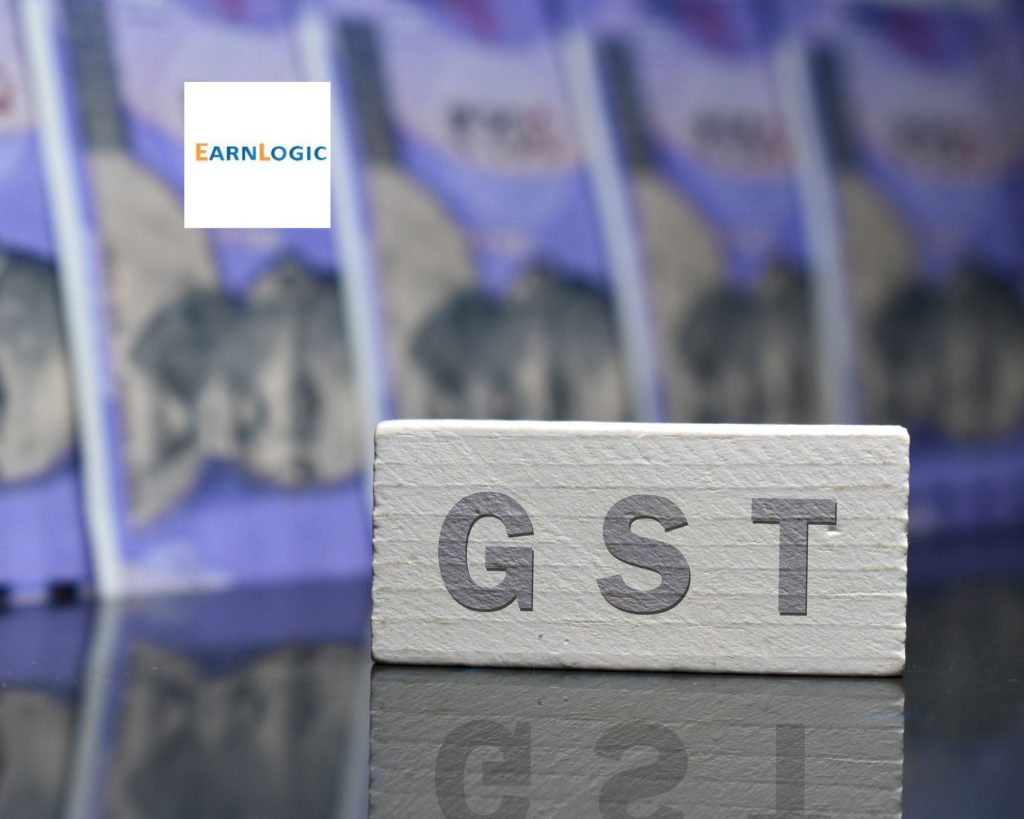‘One India, One Tax’. Since the Goods and Services Tax (GST) was implemented, business operations have been made simpler and more transparent. Notwithstanding, for organizations enrolled under the pre-GST regulations, it is as yet a significant obstacle to move to the new GST stage without satisfactory direction. Keeping track of the GST regulations that are applicable to a company can be quite exhausting and complicated, even for newly formed businesses.
Why you should opt for GST registration in India?
If you plan to expand your business online through your own website or other e-commerce websites like Amazon, Paytm, etc., you would be legally recognized as a supplier of goods and/or services.
This ensures accurate accounting of taxes paid on input goods and/or services. You gain legal authority to collect taxes from your customers and pass on the credit of taxes paid on the goods or services supplied to recipients.
Your company will have a competitive advantage over other unregistered competitors who won’t have valid tax registration. You should require a GST registration in Bangalore Distinguishing proof Number (GSTIN) to sell your items online.
Eligibility
- GST registration in Bangalore is necessary If your annual revenue or turnover exceeds 20 lakhs, or if you have multiple business branches in a single state or branches in multiple states.
- If you are a supplier of goods and services with GST registration in Bangalore that are delivered through the e-commerce platform, agents of a supplier if you have any supplies for neighboring states.
- Providing a foreign citizen of India with access to online information and database retrieval services.
Budget 2023-GST changes simplified
- Slab 10 has been corrected, permitting taxpayers to pick the composition scheme regardless of whether they are providing products through online business administrators where TCS is collected under Slab 52. However, service supply restrictions will continue as before.
- A new condition has been added to Slab 16: “Recipient taxpayers must pay interest as calculated under Slab 50 if they do not pay their supplier the invoice value, including GST that needs GST registration in Bangalore, within 180 days of the invoice date.”
- Slab 17(5) has been updated to include expenditures for corporate CSR initiatives under “Blocked Credit.”
- By including it in the value of exempt supplies, the Explanation of Slab 17(3) has been modified to limit the use of proportionate ITC on transactions covered by para 8(a) of Schedule III (such as High Sea Sales). Therefore, taxpayers will need to reverse additional ITC.
- Slabs 37, 39, 44, and 52 have been updated to confine taxpayers from filing GSTR-1 (for outward supplies), GSTR-3B (summary returns), GSTR-9 (yearly returns), and GSTR-8 (for e commerce operators) for a tax period after the expiry of 3 years from the due date.
- E-commerce operators who: Allow an unregistered person to supply goods or services or both through them except where such person is exempt from GST registration in Bangalore will be subject to a penalty of Rs.10,000 or an amount equivalent to the amount of tax involved, whichever is greater.
In situations where they are ineligible for it, allow any registered person to make interstate supply of goods or services through them.
Try not to outfit precise subtleties in the GSTR-8 of any offer of products made through them by an individual excluded from getting GST registration in Bangalore.
- When a person obstructs or prevents an officer from carrying out their duties under the CGST Act, tampers with or destroys material evidence or documents, fails to provide information that is required to be supplied under the CGST Act or Rules, or provides false information, the following offenses have been decriminalized.
- The limits for compounding offenses have been adjusted to 25% of the taxable amount up to a maximum of 100% of the taxable amount.
- Businesses will now be able to digitally share GST data that has GST registration in Bangalore with consent thanks to the addition of a brand-new slab 158A to the CGST Act.
It recommends the way and conditions for sharing data outfitted by an individual having GST registration in Bangalore on the GST portal with such different frameworks as might be told, as pronounced in-
- Returns filed under GSTR-1/3B/9, or
- Use of GST registration in Bangalore, or
- Statement of outward supplies, or
- Generation of an e-receipt or e-way bill, or
- Some other subtleties, as might be recommended.
What is State code under GST?
There are a few things to keep in mind when putting together the standard GST identification number format that has gotten GST registration in Bangalore. The identification of the state code is mentioned in the first two digits.
It is necessary to have this state code in order to locate the business entity’s headquarters and area of operation. A single GST identification number is required by law for any business with multiple branches in the same state.
The GSTIN number which got through GST registration in Bangalore files all transactions that occur within the periphery of the individual or business in question for all commercial and legal purposes, and the GST law properly catalogs these transactions.
The GST software was created in a way that makes it clear how much each state collects in taxes.
A uniform state code is absolutely necessary because each state has its own unique GST regulations to have GST registration in Bangalore. The financial transaction patterns of the business entity can be identified by using GST numbers in conjunction with the appropriate state code.
This facilitates the state and central GST authorities’ ability to evaluate the input credit granted to each state by maintaining a financial paper trail and aids in the correct processing of financial documents.
For Karnataka, the State code in 29. It is got through GST registration in Bangalore.
How do you know your GST jurisdiction?
The opportunity to learn about the GST jurisdiction is provided to individuals and businesses by CBIC, also known as the Central Board of indirect taxes.
The jurisdictional official is a go-to person to settle any debates connecting with the payment of credits and other subordinate matters between the states and the business concerns.
Additionally, the jurisdiction assists in streamlining and resolving any disputes regarding jurisdiction between the center and the state.
After knowing which jurisdiction they belong to and communicating their complaints to the jurisdictional officer, taxpayers with GST registration in Bangalore can enjoy a great deal of transparency.
To successfully process the various invoices that are generated within the boundaries of the state, it is necessary to have knowledge of the state in which a business entity is registered.
Only taxpayers with multiple branches of the same business in different states can choose to use multiple GST identification numbers that gotten through GST registration in Bangalore.
For instance, a Delhi-based company with a Rajasthani branch should have two distinct GSTIN numbers.
In order to ensure that the proper jurisdiction is assigned, taxpayers must provide an accurate assessment of their incorporation location during the process of GST registration in Bangalore.
The government has carried out GSTIN programming so as to precisely decide the jurisdiction of the taxpayer utilizing distinguishing information sources like the region of business.
Features of GST
- The destination determines how much is charged for GST that has GST registration in Bangalore. Except for a few state taxes, the term “GST” serves as an umbrella and takes the place of other indirect taxes.
- 5 Tax slab rates form union of GST which can get GST registration in Bangalore. There are zero, 5%, 12%, 18%, and 28% tax rates. The special tax rate on rough and semi-precious stones is 0.25% and 3%, respectively.
- Petroleum products, electricity, and alcoholic beverages are not subject to have GST registration in Bangalore. In terms of taxes, the aforementioned items are completely under the control of the state government.
- Under the GST regime, any business with a turnover of more than 40 million must have GST registration in Bangalore.
About Us
We Earnlogic are the best service provider, who are involved in GST, IT, accounting, and IPR and company registration services.


